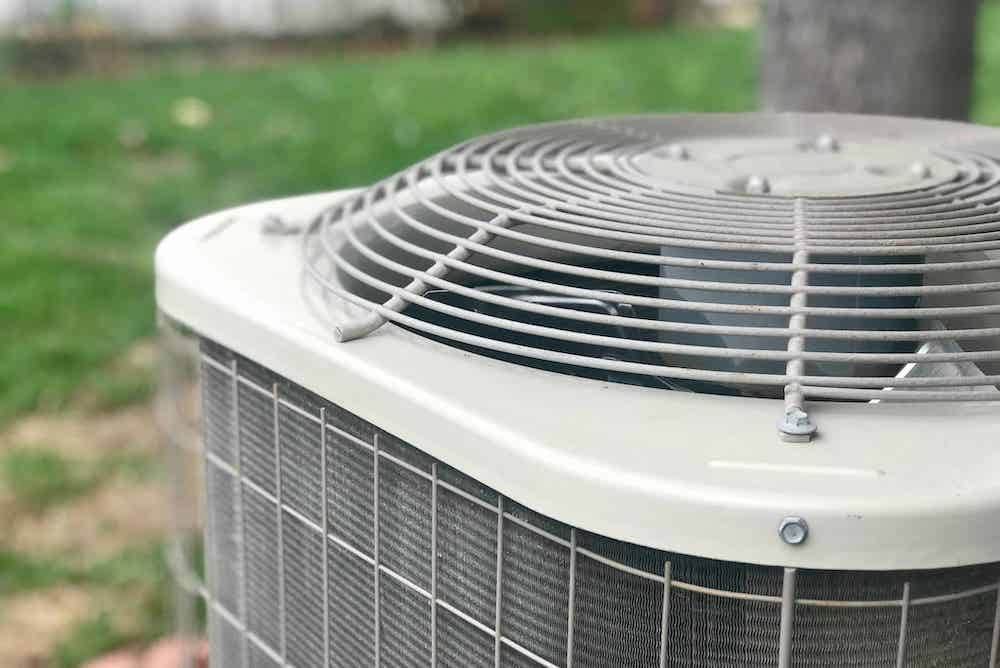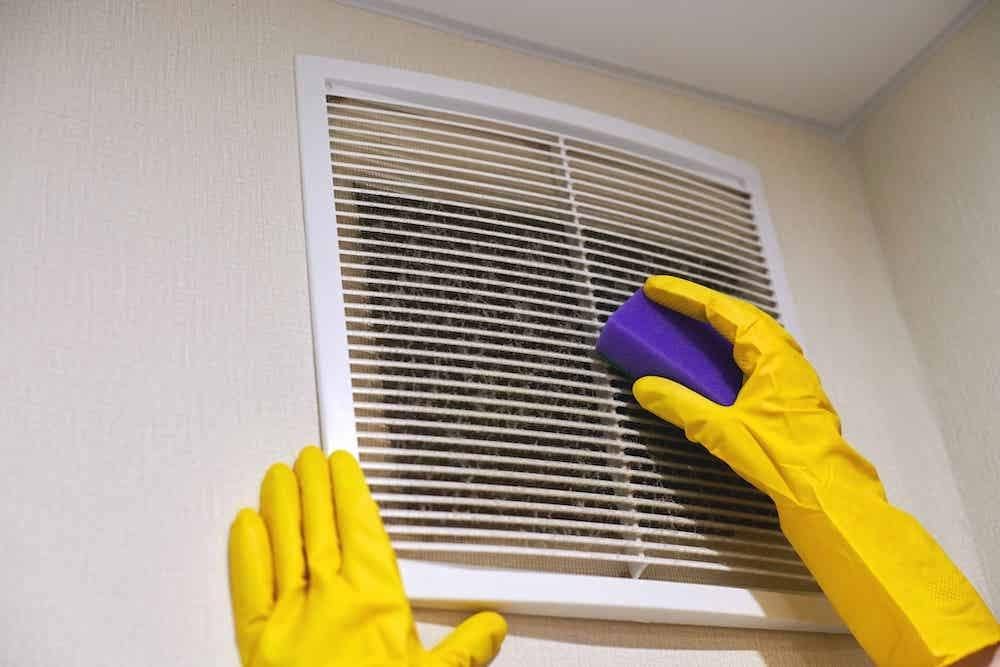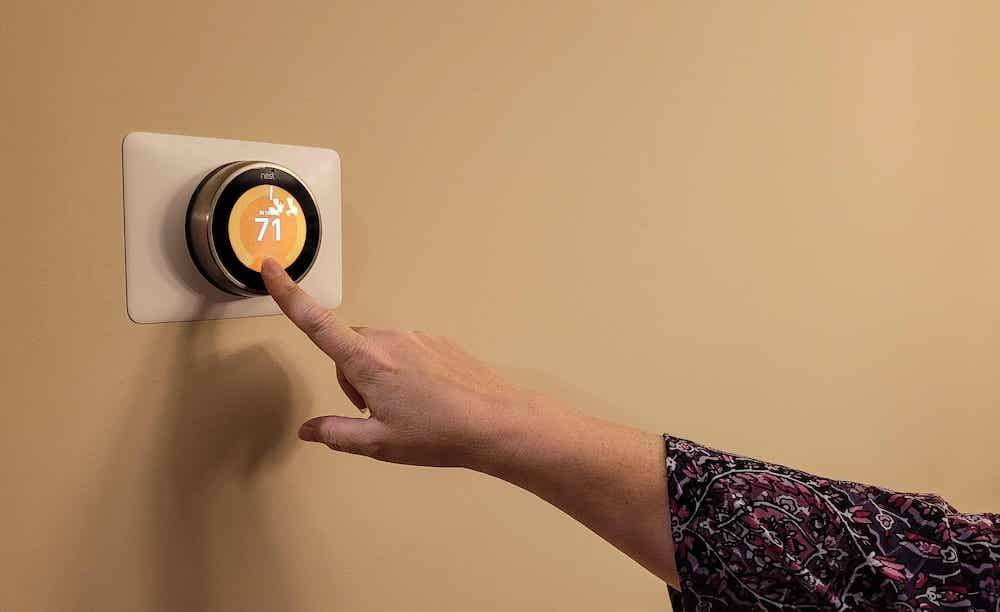Apply for Flexible Payment Solutions with Our Financing Options.
Residential HVAC Systems 101: You’ve Got Options!
What’s a Residential HVAC System and How Does It Work?

Living in North Texas means dealing with hot summers and chilly winters. To keep our homes comfy all year, we use something called a residential HVAC system. What’s HVAC? It stands for Heating, Ventilation, and Air Conditioning. It’s like your home’s super hero, battling against extreme weather to keep your home at the perfect temperature.
What Does an HVAC System Do For You?
Your HVAC system has three main jobs: to heat your home when it’s cold, cool it down when it’s hot, and to keep the air in your home fresh and clean. This last job is called ventilation, and it’s super important. It means bringing in fresh air from outside and getting rid of the old air inside. This keeps your home from getting stuffy and helps you stay healthy by getting rid of dust, allergens, and other pollutants.
Different Types of HVAC Systems
HVAC systems come in all shapes and sizes. Big businesses might use something called a Rooftop Unit (RTU) or chiller systems that can cool down big buildings with lots of floors. But, at home in North Texas, we usually use something called a split system.
Maintaining your Residential HVAC System
Maintaining your residential HVAC system regularly is essential to keep it functioning at its best. A well-maintained HVAC system not only lasts longer but also runs more efficiently, which can save you money on energy bills. Here are some recommended maintenance steps:

- Filter Changes: One of the simplest and most important tasks is to change or clean the filters regularly. Depending on the type of filter your system uses, this could be every 30 to 90 days. Clean filters improve airflow, increase the system’s efficiency, and improve the air quality in your home.
- Annual Professional Maintenance: It’s recommended to have a professional HVAC technician service your system at least once a year. They will conduct a comprehensive inspection and maintenance routine, which may include cleaning the evaporator and condenser coils, checking the refrigerant level, inspecting the blower motor and belt, cleaning and adjusting the burner, checking the heat exchanger, and verifying proper operation of the thermostat.
- Clearing the Outdoor Unit: For outdoor units, keep the area around the system clear of debris, leaves, and vegetation. This can help improve the system’s efficiency and avoid unnecessary blockages.
- Checking the Ductwork: Regularly inspect your ductwork for leaks or damages. Leaky ducts can significantly reduce your system’s efficiency, causing it to work harder than necessary and increasing your energy costs.
- Regular Vent Inspection: Ensure your home’s vents are unobstructed and clean. Dusty or blocked vents can lead to poor air quality and reduced system efficiency.
- Insulation Check: Good insulation in your home helps your HVAC system run more efficiently. Regularly check your home’s insulation, especially in the attic, and upgrade if necessary.
- Thermostat Check: Regularly check the thermostat’s operation. Consider upgrading to a programmable thermostat, which can provide more efficient operation by adjusting temperatures automatically when you’re away or asleep.

Remember, each HVAC system is unique, and the recommended maintenance may vary based on the system type, age, and model. Always consult with a professional HVAC technician or the system’s manual for model-specific maintenance instructions.
Recognizing Potential Issues with your Residential HVAC System
Recognizing potential issues with your residential HVAC system early can save you from unexpected breakdowns and costly repairs. Here are several signs that might indicate a problem with your system:
- Unusual Noises: While it’s normal for your HVAC system to make some noise when it’s running, sudden, loud, or unusual sounds like banging, clanking, hissing, or whistling could be a sign of a problem. These noises can indicate a variety of issues, from loose parts to a refrigerant leak.
- Inadequate Heating or Cooling: If your system is not maintaining the desired temperature, or if it’s taking longer than usual to heat or cool your home, there may be an issue. This could be due to a variety of problems, such as low refrigerant, dirty filters, or a malfunctioning thermostat.
- Increased Energy Bills: A sudden increase in your energy bills without a corresponding increase in usage is a potential indicator of a problem. This could mean your HVAC system is working harder than it should be, possibly due to a maintenance issue or an aging system that’s losing its efficiency.
- Frequent Cycling: If your system is constantly turning on and off, it may be cycling too frequently. This could indicate a problem with your thermostat or a more serious issue like a failing compressor.
- Unpleasant Odors: If you notice unusual smells coming from your HVAC system, this is a cause for concern. A musty smell could indicate mold in your ductwork, while a burning smell might mean there’s a problem with the electrical components.
- Poor Air Flow: Reduced airflow from your vents could signal a blockage in your ductwork, a problem with the blower, or dirty filters.
- Excess Moisture or Leakage: If you notice moisture around your system or a leak, this could indicate a problem. While condensation is normal, excessive water could indicate a blocked or broken condensate drain. A refrigerant leak, which is more serious, may also be the source of the problem.

If you notice any of these signs, it’s important to contact a professional HVAC technician. They can accurately diagnose and resolve the issue to maintain the comfort and air quality in your home, and to prevent further damage to your system.
How Long Should my Residential HVAC System Last?
The lifespan of a residential HVAC system can depend on several factors including its type, the quality of installation, how well it’s maintained, and how often it’s used. However, here are some general estimates:
- Central Air Conditioners: Central air conditioning units typically last between 10 to 15 years. With regular maintenance and occasional repairs, some can last up to 20 years.
- Furnaces: Furnaces have a longer lifespan, typically around 15 to 20 years. Some high-quality models can even last up to 30 years with proper maintenance.
- Heat Pumps: Heat pumps, which provide both heating and cooling, usually last about 10 to 15 years.
- Boilers: Boilers, used in homes with radiant heating systems, can last 15 to 30 years.
- Ductwork: If properly installed and maintained, ductwork can last up to 25 years or more, though it may need cleaning and minor repairs from time to time.
It’s worth noting that as HVAC systems age, they often become less efficient and may require more frequent repairs. After a certain point, it may be more cost-effective to replace an old system with a new, energy-efficient model.
A professional HVAC technician can provide advice based on the specific conditions in your home and the state of your current system.
How Can Spectrum Heat & Air Help You?
At Spectrum Heat & Air, we’re experts on HVAC systems. We’re here to help you understand your HVAC system and to make sure it’s working as well as it can. We can do everything from regular check-ups to fixing problems or even replacing your old system with a new one – you’ve got options!
